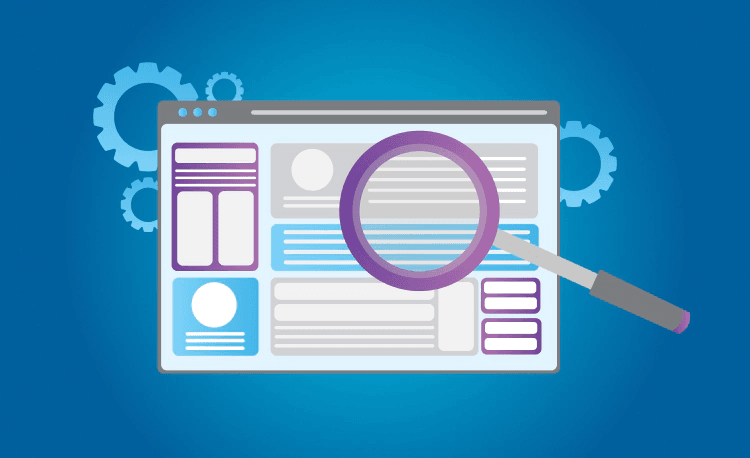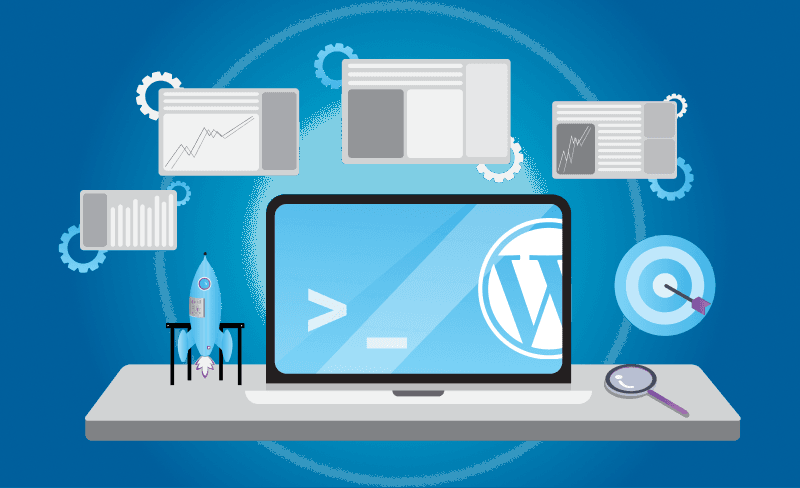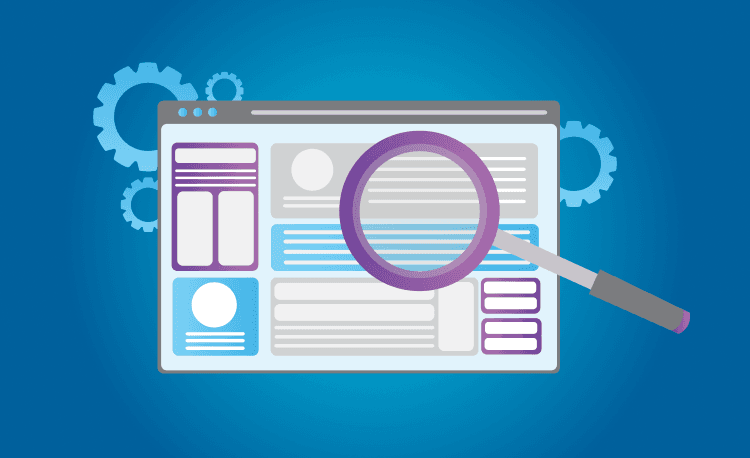Small Business CRM Guide: How to Choose the Perfect Solution
Alkali
Posted: Feb 13, 2023 | 4 min read

The Importance of a Robust CRM for Small Businesses
As a small business owner, you know the importance of keeping up with the competition and providing exceptional customer service. With a growing customer base and the need to manage your customer relationships effectively, a CRM (Customer Relationship Management) solution is essential. CRM technology helps businesses manage their customer interactions and data throughout the customer journey, providing a centralized repository for customer data and insights into customer behavior and preferences.
However, with so many CRM options available, it can be overwhelming to choose the right one for your business. In this post, we’ll guide you through the key features to look for in a CRM, considerations for your specific business needs, and tips for evaluating and testing CRM solutions before making a final decision. Whether you're a startup or an established small business, investing in a robust CRM can help you grow your business and provide a competitive edge in the marketplace. So let's dive in and learn how to choose the right CRM for your small business.
How to Choose the Right CRM for Your Small Business
As a small business owner, you understand the importance of managing your customer relationships effectively. With so many CRM (Customer Relationship Management) options available, it can be overwhelming to choose the right one for your business. In this post, we’ll walk you through the key features to look for in a CRM, considerations for your specific business needs, and tips for evaluating and testing CRM solutions before making a final decision.
Introduction to CRM and Why it's Important for Small Businesses
CRM is a technology solution that helps businesses manage their customer interactions and data throughout the customer journey. It’s essential for small businesses to have a robust CRM in place to manage customer data, improve customer satisfaction, and increase sales. A CRM solution can provide a centralized repository for customer data, track customer interactions, and provide insights into customer behavior and preferences.
Key Features to Look for in a CRM for Small Businesses
When choosing a CRM for your small business, there are several key features you should look for. Here are a few of the most important:
- Scalability: Your CRM should be able to grow with your business and accommodate increasing customer data.
- Customization: The CRM should be able to adapt to the specific needs of your business and its processes.
- Integration: Your CRM should be able to integrate with other tools and systems used by your business, such as accounting software, email, and marketing automation.
- User Experience: The CRM should be easy to use and accessible for all employees, regardless of their technical expertise.
- Data Security: Your CRM should have measures in place to protect sensitive customer information.
- Reporting and Analytics: The CRM should provide the ability to track and analyze key metrics, such as customer behavior, sales trends, and customer satisfaction.
Considerations for the Specific Needs of Your Business
When choosing a CRM for your small business, it's essential to consider your specific business needs, including: Industry: There may be specific requirements for your industry, such as healthcare, retail, or service-based businesses. Size: The number of employees and customers and the size of your customer data will impact the CRM solution you choose. Budget: Your budget for CRM software and ongoing costs, such as support, upgrades, and data storage, will also play a role in your decision.
Top CRM Options for Small Businesses, with a Comparison of Their Pros and Cons
There are many popular CRM options for small businesses, including Salesforce, Hubspot, and Zoho. When comparing these options, it’s important to consider the key features, pricing, and benefits of each. For example, Salesforce is a popular choice for small businesses due to its scalability and customization, but it can be expensive. On the other hand, Zoho is a cost-effective option, but it may not be as robust as other CRM solutions.
Tips for Evaluating and Testing CRM Solutions Before Making a Final Decision
Before choosing a CRM for your small business, it’s essential to try out different CRM solutions with a free trial or demo. This will give you a chance to test the solution and determine if it meets your specific business needs. Here are a few steps to take when evaluating and testing CRM solutions: Set up a test account: Create a test account with dummy data to see how the CRM solution handles your customer data and processes. Get feedback from employees: Ask your employees to test the solution and provide feedback on its ease of use, functionality, and ability to meet their needs. Review reports and analytics: Evaluate the reporting and analytics capabilities of the CRM solution to ensure they provide the insights you need to make informed decisions. Test integrations: Ensure that the CRM solution integrates with the other tools and systems used by your business.
Conclusion
Choosing the right CRM for your small business can be a challenging process, but by considering your specific business needs, evaluating key features, and testing CRM solutions, you can find a solution that meets your needs and helps you grow your business. If you need help selecting the right CRM for your small business, our team of software development and digital marketing experts is here to help. Contact us today to learn more about our CRM services and how we can help you get the most out of your customer relationships.


